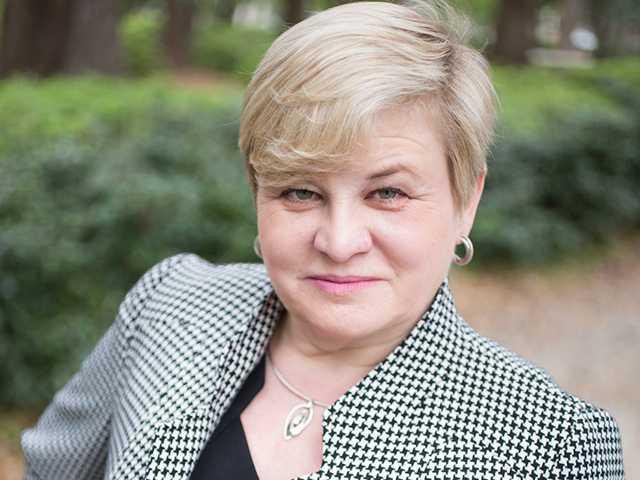Following my recent column about traditional British ‘members only’ clubs, I was inspired to find out more and discover how this tradition crossed the Atlantic and developed into the American country club. As is so often the case, the U.S. develops its institutions from a blend of cultural influences, which when put together become uniquely American.
My first exposure to a U.S. country club was in the suburbs of Cincinnati, Ohio, which is where my husband was born and raised. The sheer size, space and sports facilities, including golf, tennis and swimming, really impressed me. It seemed to me that American country clubs are more like the big golf resorts in the U.K., and especially like those in Scotland.
However, U.S. country clubs each have their own rituals of membership and admittance that are like the traditional gentleman’s clubs of London, but with a typically American scale of space, facilities and of course dining options.
Country clubs started to develop in the U.S. in the late 19th century, with the tradition spreading rapidly from about 1890 until the Great Depression of the 1930s, although "golf clubs" came substantially earlier. According to the American Golf Association, the two oldest are right here in the Coastal Empire: The South Carolina Golf Club in Charleston (1786), and our own Savannah Golf Club (1794).
An online search reveals many contenders for the status of "America’s oldest country club," including The Philadelphia Cricket Club, The Country Club Of Salisbury and Cleveland’s Country Club, which was founded in 1889. This one was the brainchild of industrialist and philanthropist Samuel Mather, who envisioned a clubhouse in the country suitable for picnics, parties and weekly horseback excursions. The location near the shores of Lake Erie was just a short carriage ride away from the "East Side" residential area where Cleveland’s most influential and socially prominent citizens lived. A few years later, a golf course was added and became a vital part of the country club’s activities and history. This successful pattern was then repeated many times throughout North America.
Turning to my own experiences in Coastal Georgia, I have been the guest at a number of beautiful country clubs across the southeastern U.S., most with outstanding golf and swimming facilities and a lively social scene. However, being a London "city girl" at heart, my own club is in a more urban style: The Chatham Club in downtown Savannah, located on the 14th floor of the De Soto Hotel.
This club was founded in the 1960s as a members only dining and social club with great views of the Savannah River and Historic District. The Chatham Club has an interesting history, and I find that the ambience and service always soothes me and reminds me a little of London. For more information, visit www.chathamclub.org
The Chatham Club is named after the British Parliamentarian William Pitt, the first Earl of Chatham. His great speaking abilities and imposing appearance soon made him a leader, and he became the U.K.’s youngest ever Prime Minister in 1783 at a mere 24 years old. This was during the War of the Austrian Succession, and Pitt planned the expeditions, selected the commanders and raised the funds that brought a succession of victories to Great Britain and raised the nation to its pinnacle of power.
To recognize his services to the nation, he accepted an earldom in 1766 and became the first Earl of Chatham. He was friendly to the American Colonies, supported the repeal of the Stamp Tax and opposed the harsh measures of the government against the colonies in 1774-75. In recognition of his friendship to America, the people of Georgia in their Constitution (1777) named one of the original seven counties Chatham County.
Country clubs have long been an important part of the American cultural tapestry, but the idea of exclusivity has long been the butt of jokes. I say goodbye this week with a quote about a California club (which I shall not name here!) from the late, great American comedian Bob Hope: "They had a very successful membership drive last month. They drove out 40 members."
God bless America!
Francis can be contacted at lesley@francis.com or at www.lesleyfrancispr.com.



